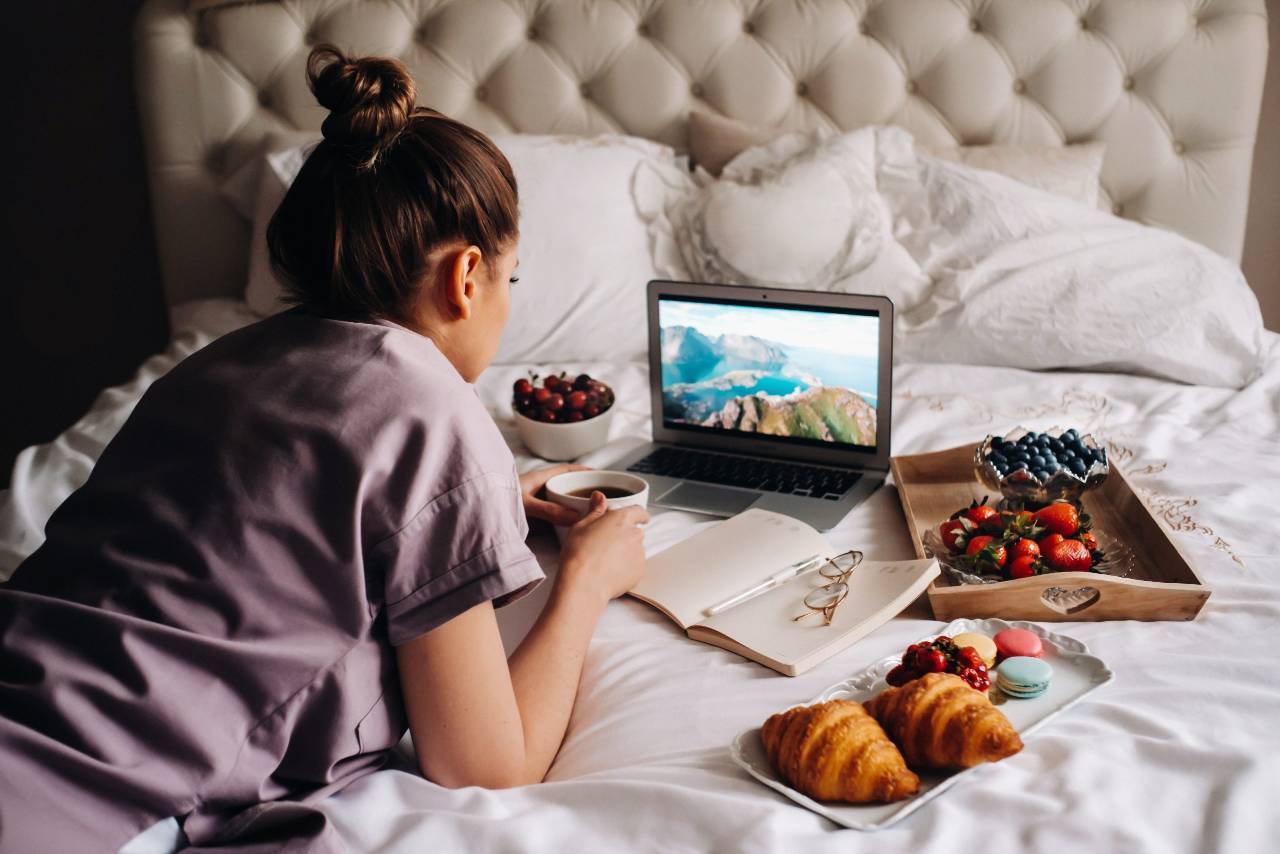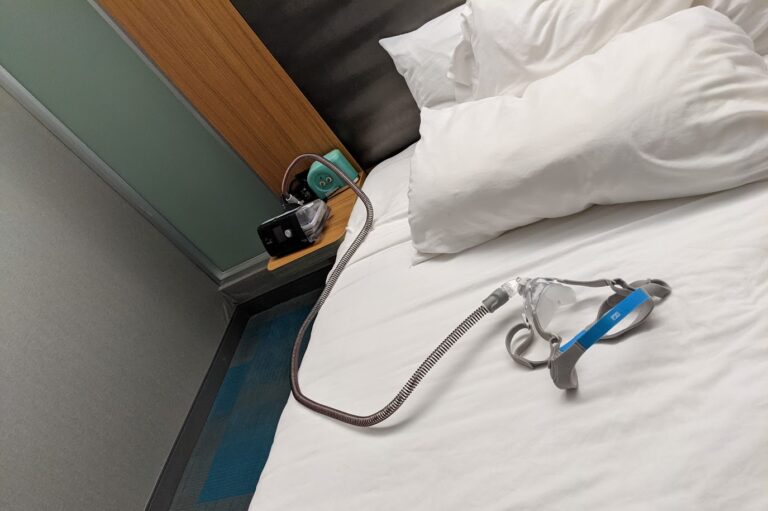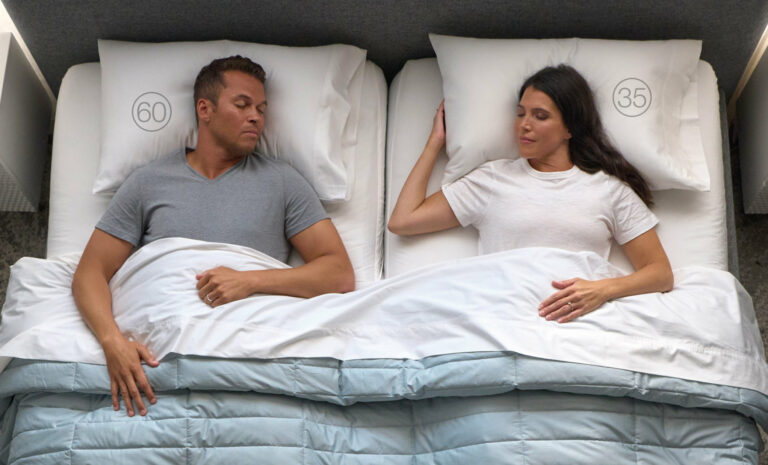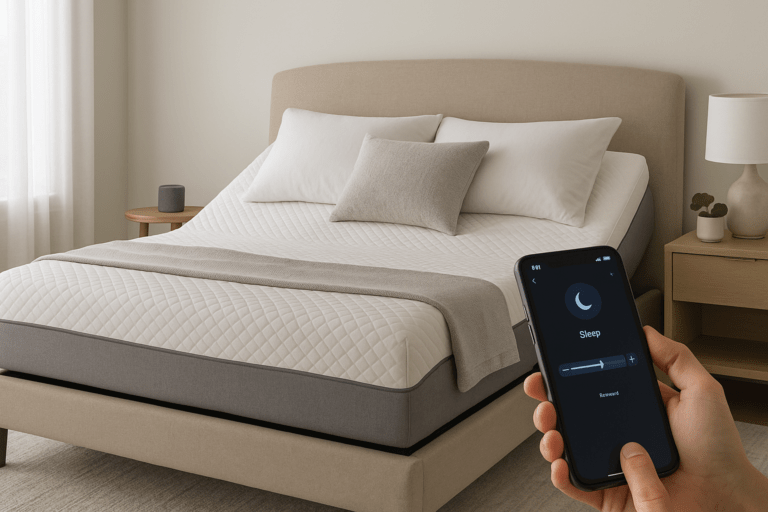
Everyone deserves a good nights sleep, right?
But what really defines “good sleep?” According to experts, hours alone don’t equal restful sleep. Ensuring quality sleep requires moving properly though all the stages of sleep, reaching deep sleep and REM so your body can heal and your brain can process information. But if you’re participating in certain activities before bed habitually, you could sabotage your sleep cycles.
Do you sabotage your sleep cycles with bad habits?
In many cases, the following behaviors are so unsuspecting that many people don’t realize they’re even doing them.
Big Meals
Too much food or liquid before bed can present several problems, including properly reaching REM sleep. While too much liquid before bed can have you running to the bathroom several times a night, eating a large meal before laying down can provoke heartburn or acid reflux. Even the mint in toothpaste can trigger reflux as well as alertness too close to bedtime. In general, it’s best to avoid big meals or heavy snacking too close to bed.
Nightcaps
If you like to enjoy a cigarette, cup of coffee, or alcoholic beverage before bed, you’re probably sabotaging your ability to get quality sleep.
While many claim a cigarette calms them down, nicotine is a stimulant that can lead to a faster heart rate and anxious thoughts when you try to rest.
Coffee contains the known stimulant caffeine, and too much before bed can produce the same effects as nicotine, thereby preventing a proper sleep cycle.
Lastly, while alcohol is known to have sedative effects, it is a highly effective melatonin suppressant, which messes with your body’s circadian rhythm. Translation? Drinking alcohol later at night alters the natural flow of the stages of sleep, leading to lighter more restless sleep as the night wears on.
Vigorous Exercise
While everyone is different, it might not be best for you to exercise right before bed. Working out may be an essential activity for your overall health, but it raises your body temperature and triggers the release of endorphins and adrenaline. Depending on your body clock, this could make falling to sleep right away basically impossible until you cool down and relax. Plan accordingly and try not to work out too close to bedtime.
Cannabis Use
Nowadays, cannabis is largely medicinal and in many cases recreational in certain places across the globe. THC is shown to have a wide range of therapeutic benefits, including sedative properties to aid sleep. However, the effectiveness of this often depends on the strain and tolerance of the individual using it. Cannabis is likely to increase deep, non-REM slow-wave sleep, and reduce levels of REM sleep. This is why many cannabis users don’t necessarily dream as often or as richly as those who don’t use it, since REM is the stage where dreaming happens. If you rely on cannabis as a sleep aid, proper dosage is recommended. In other words, try not to over do it.
Day Naps
It might seem obvious, but if you’re struggling with falling asleep at night, catching Z’s during the day will make it more difficult to fall asleep at your usual bed time. If your body has already gone through a sleep cycle or two that day, you’ll likely feel as if you simply don’t need to sleep when you normally do. Naps are nice on occasion, but have the potential to throw your entire routine off its track. Setting a reasonable timer for a nap may help you avoid excessive sleeping during the day so your nighttime rest is still effective.
Electronic Use
Playing video games, using your phone or smart devices, and falling asleep with the TV on are all things that sabotage your initial sleep cycle. Not only does the blue light from screens trick your brain into being more alert, the content you choose to absorb through games, social media or television can create too much activity in your brain right before bed. While it’s tempting to play with your gadgets all night, it’s best to avoid too much electronic stimulation an hour or two before you go to sleep.
Uncomfortable Environment
Noise, light and temperature all factor in to your quality of sleep. After all, if you’re not comfortable, how can you expect to move through sleep cycles properly? Sleeping is a quiet activity, so behaving accordingly will help you sleep better. That means cutting noise, bright lights, and making sure you’re not too hot or too cold. When the conditions are just right, you’ll fall asleep quicker and stay asleep longer. This means not falling asleep with the TV on or using your devices too close to bedtime. (Prompt window to visit Top Worst Apps To Use Before Bed)
A Final Word
Good quality sleep is necessary for a good quality of life. Some sleep interruptions are totally normal, especially during stressful life events, like having a newborn or grieving the loss of a loved one. But if you find yourself frustrated by continuous disrupted sleep, you may need to talk to your doctor or a sleep specialist who can help. Changing your habits and lifestyle can be extremely helpful. If giving up these habits doesn’t seem to be working, it’s probably time to find an expert.




